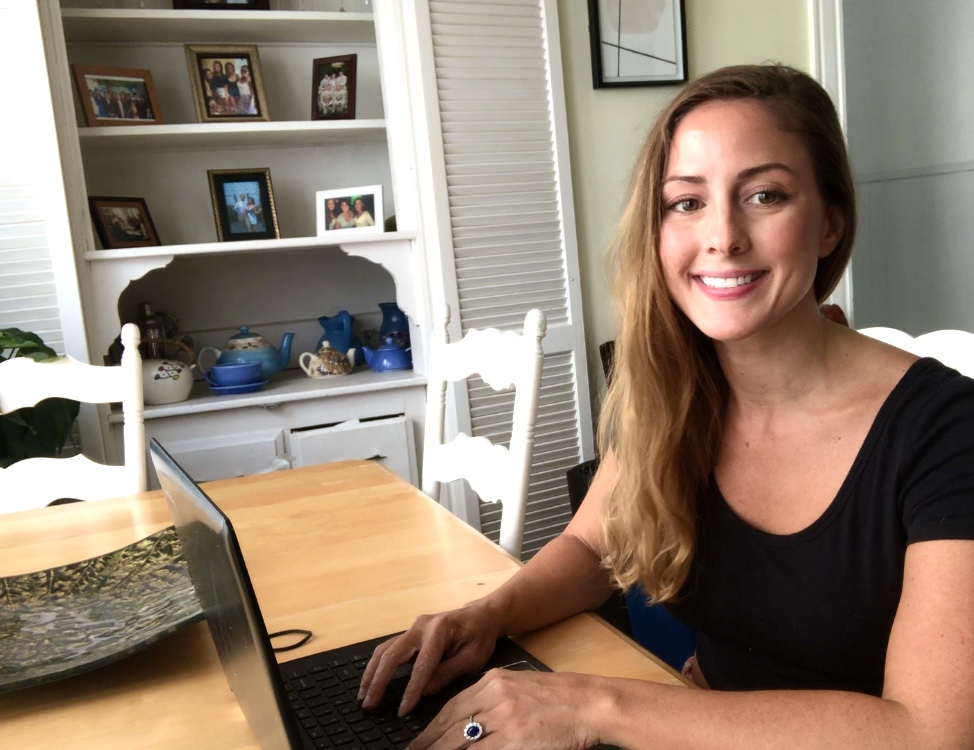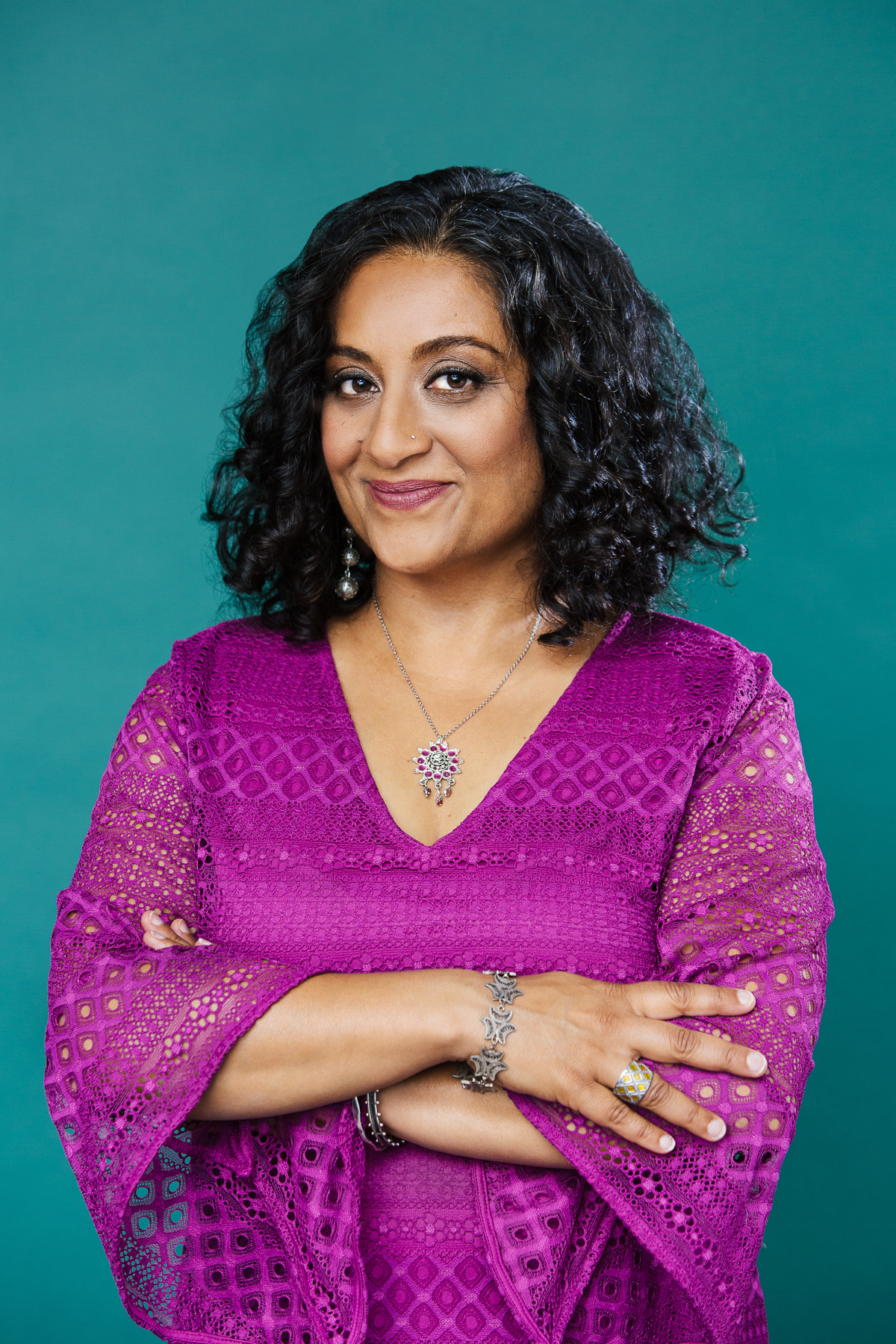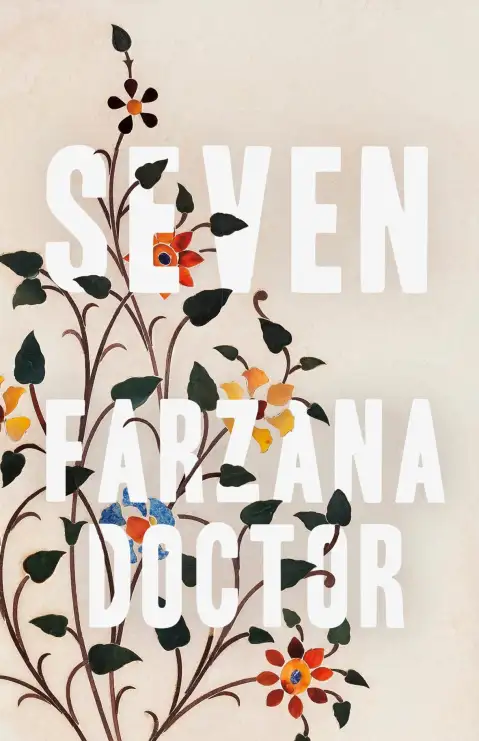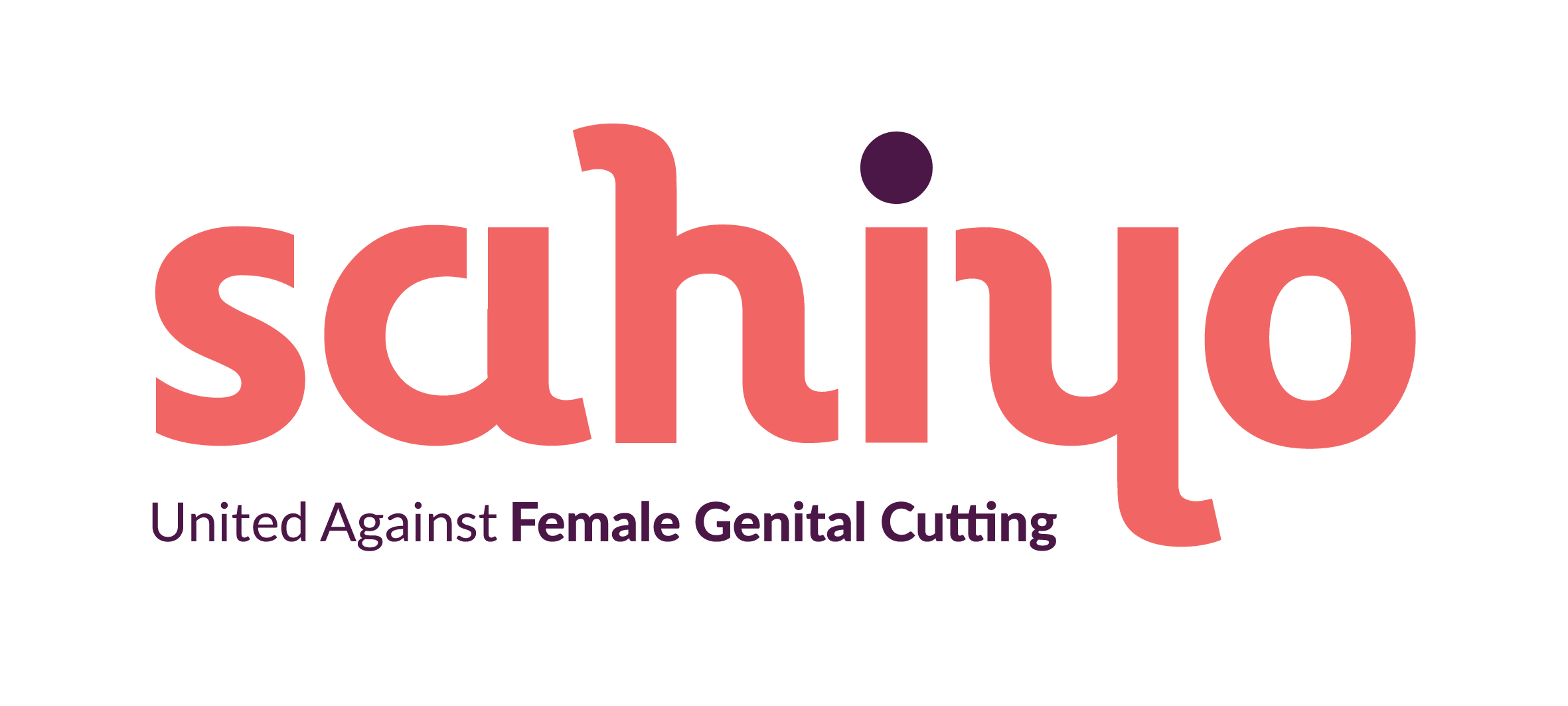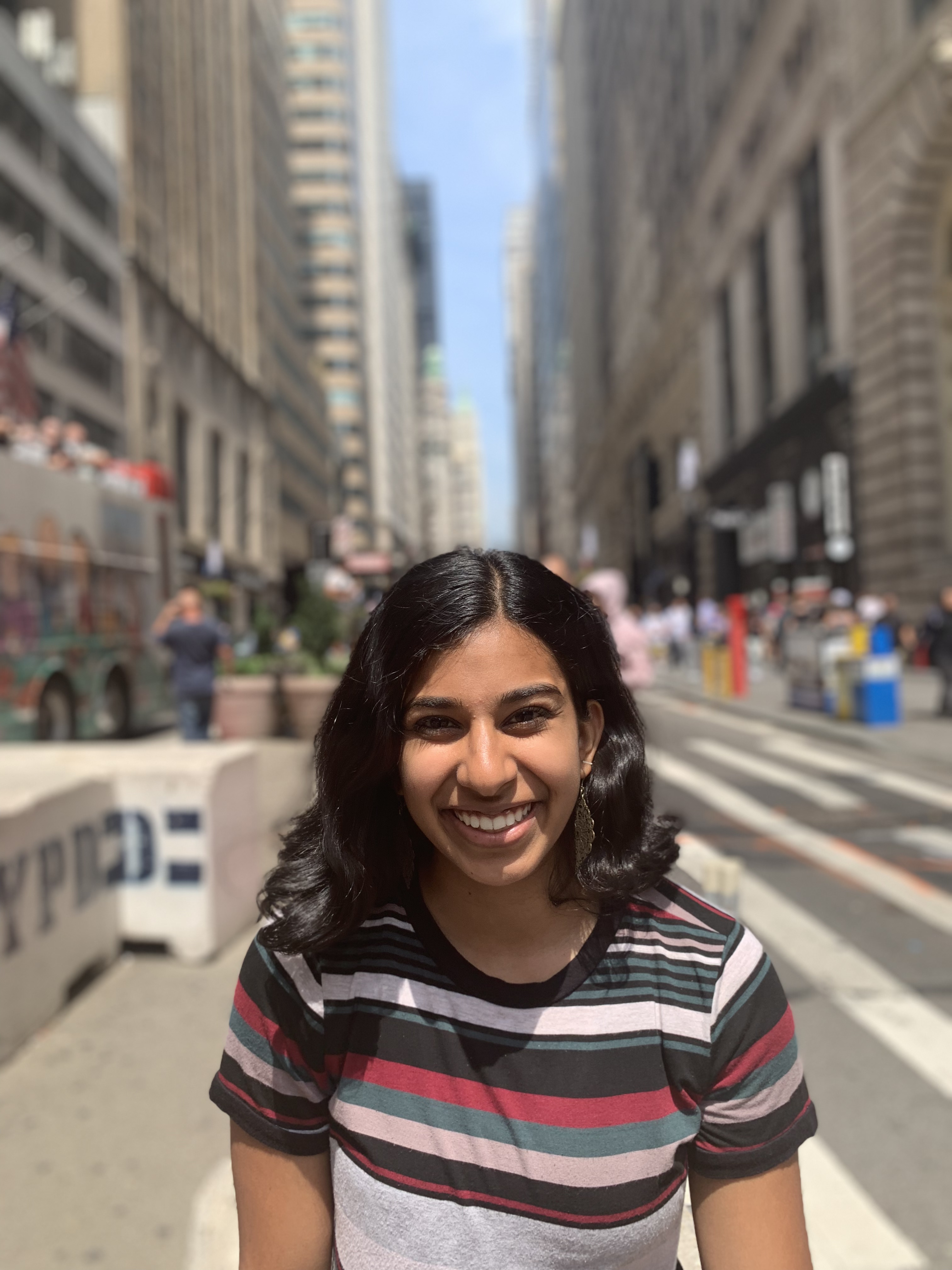By Nicole Mitchell
In early 2019, I had the pleasure of joining the Sahiyo team as a Social Media Intern. I remember being a bit nervous, as working fully remote at a new company was something I had never done before. Both my supervisor, Lara Kingstone, and the co-Founder Mariya Taher, were extremely friendly and supportive during the onboarding process. Over time, their passion about ending female genital cutting (FGC) became contagious, to the point where I found myself actually looking forward to doing the work.
At the time, I had a very busy schedule where I was finishing up my senior year of college, doing a concurrent internship in Boston, all while working full-time. Despite this, I found that working for a cause that would change so many lives for the better gave me a sense of fulfillment that I wasn’t expecting. To be honest, I miss this feeling. This is one of the things I thank Sahiyo for because I now know that it is possible to have a job that you can actually be excited about. The dreariness of your typical 9-5 cubicle life that we see in the media, or the idea of hating your job, but enduring it so you can at least enjoy the weekend, doesn’t have to be true for everyone. Many of us can find meaning and enjoyment in our work.
Working with Sahiyo gave me direction, hope and inspiration for my future. On a more practical level, my internship also gave me tools that allowed for me to transfer easily into a role as a marketing specialist at a Boston–based company after graduating with my B..A. While I know that it is rare to land your dream job the first time, I am glad that I at least have an idea of what type of work I can look for in the future because of my experiences with Sahiyo.
One of my favorite things I did while at Sahiyo was work on a digital campaign where survivors could tell their stories. This was a powerful experience where women from all over the world came together to share their experiences and take a united stand in ending this practice. I was also responsible for writing and scheduling out the content which helped cultivate my creative, strategic and organizational skills. Overall, I am extremely thankful for this opportunity and am glad I can still be a part of this organization in a volunteer capacity. I would highly recommend this internship to anyone who is looking to develop their marketing skills and are passionate about making the world a better place through elevating the lives of others.

